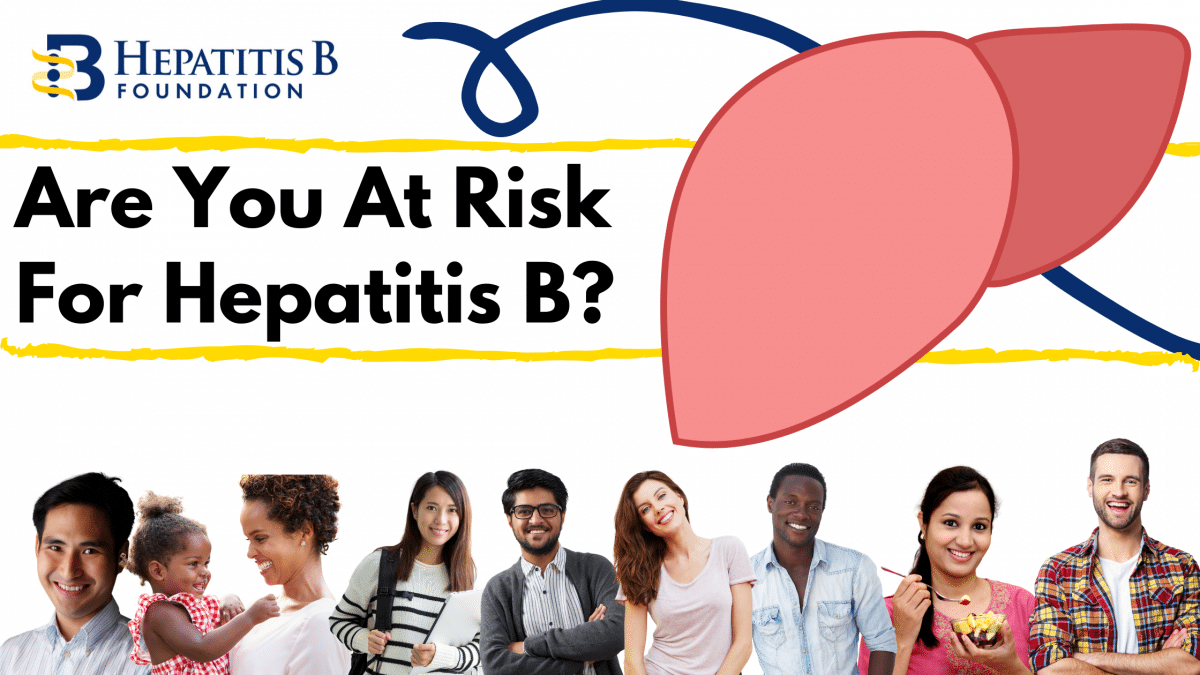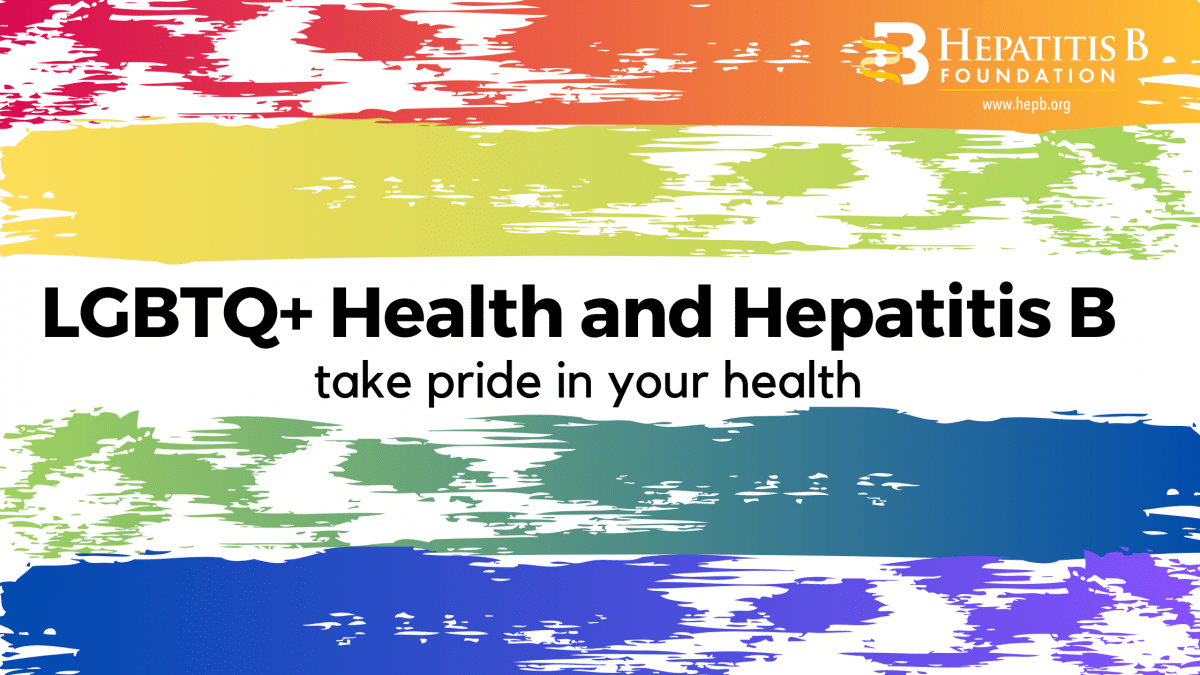
An estimated 292 million people worldwide are living with chronic hepatitis B and most are unaware of their status. Many at-risk groups are Asian and African descended. This month, we join our global community to observe World Hepatitis Day on July 28th – a day chosen to commemorate the birthday of Dr. Baruch Blumberg, who won the Nobel Prize for the discovery of the hepatitis B virus Let’s take action and raise awareness to find the “missing millions”!
Not knowing your hepatitis B status can cause long term damage to your liver, so it is important for you to understand risk factors besides ethnicity. The CDC’s Know Hepatitis B Campaign’s fact sheet, “Hepatitis B – Are You At Risk?” is a great resource for sharing basic information on getting tested for hepatitis B. The fact sheet is available in 14 languages including Burmese, Khmer, French, Somali, Amharic, Hmong, and Swahili, among many others!
For more information about the Know Hepatitis B Campaign, which is co-branded with Hep B United, visit the campaign website.
So if you think you are at risk – what are the next steps? The first thing you can do is visit your healthcare provider to see if you should be tested for hepatitis B.
A simple blood test can check to see if you are infected or at risk for hepatitis B. The hepatitis B panel blood test includes the following tests:
- HBsAg (Hepatitis B surface antigen) – A “positive” or “reactive” HBsAg test result means that the person is infected with hepatitis B. If a person tests “positive,” then further testing is needed to determine if this is a new “acute” infection or a “chronic” hepatitis B infection. A positive HBsAg test result means that you are infected and can spread the hepatitis B virus to others through your blood.
- anti-HBs or HBsAb (Hepatitis B surface antibody) – A “positive” or “reactive” anti-HBs (or HBsAb) test result indicates that a person is protected against the hepatitis B virus. This protection can be the result of receiving the hepatitis B vaccine or successfully recovering from a past hepatitis B infection. A positive anti-HBs (or HBsAb) test result means you are “immune” and protected against the hepatitis B virus and cannot be infected. You are not infected and cannot spread hepatitis B to others.
- anti-HBc or HBcAb (Hepatitis B core antibody) – A “positive” or “reactive” anti-HBc (or HBcAb) test result indicates a past or current hepatitis B infection. The core antibody does not provide any protection against the hepatitis B virus (unlike the surface antibody described above). This test can only be fully understood by knowing the results of the first two tests (HBsAg and anti-HBs). A positive anti-HBc (or HBcAb) test result requires talking to your health care provider for a complete explanation of your hepatitis B status.
You can see what each test result means in this table!
Ask your doctor if you should be tested today!


